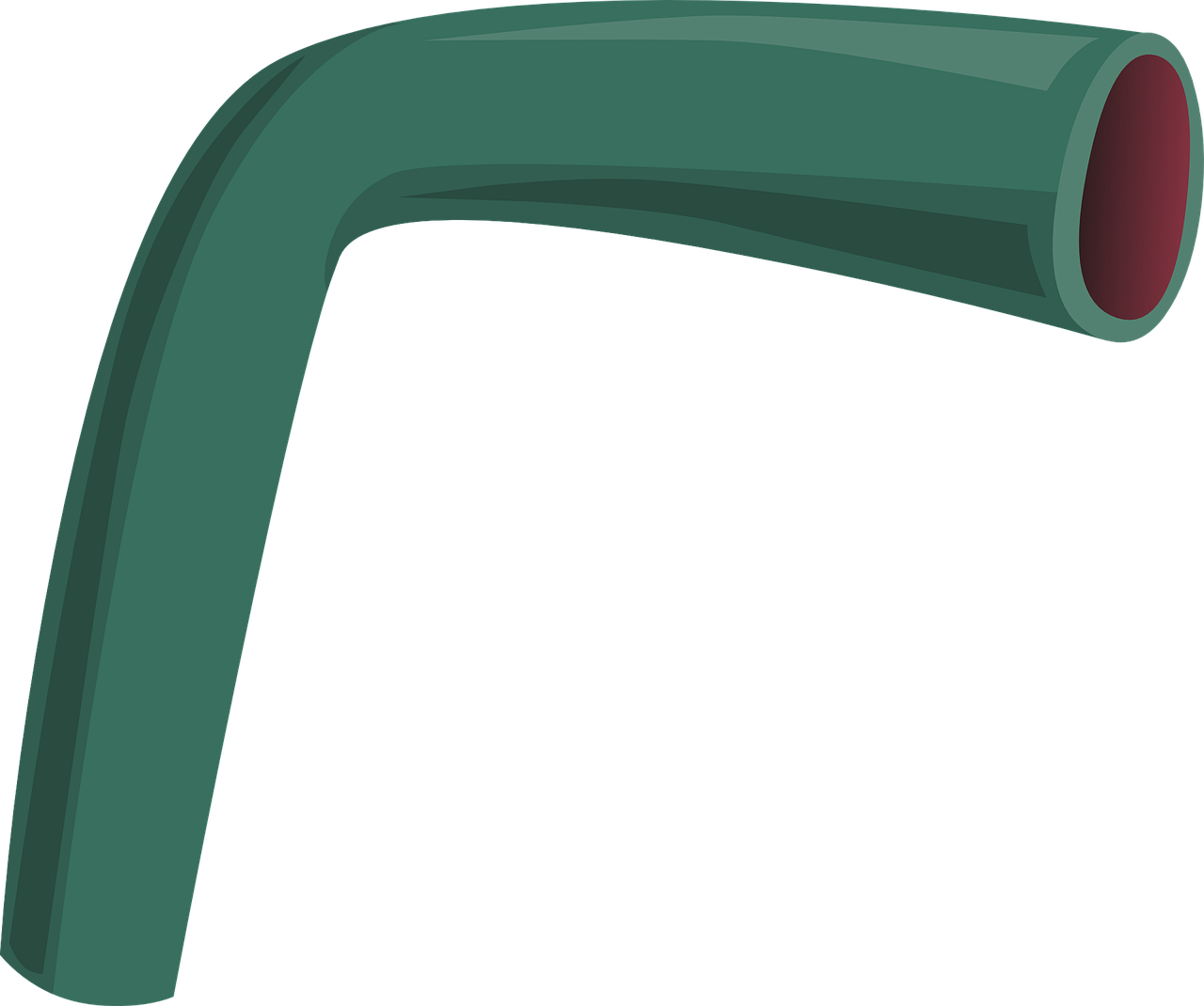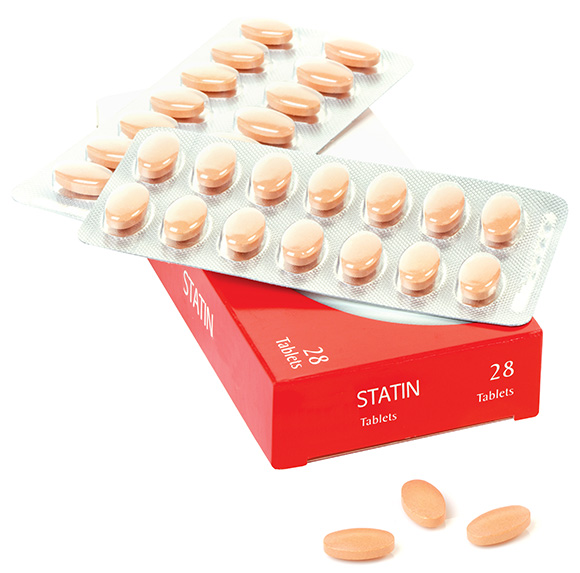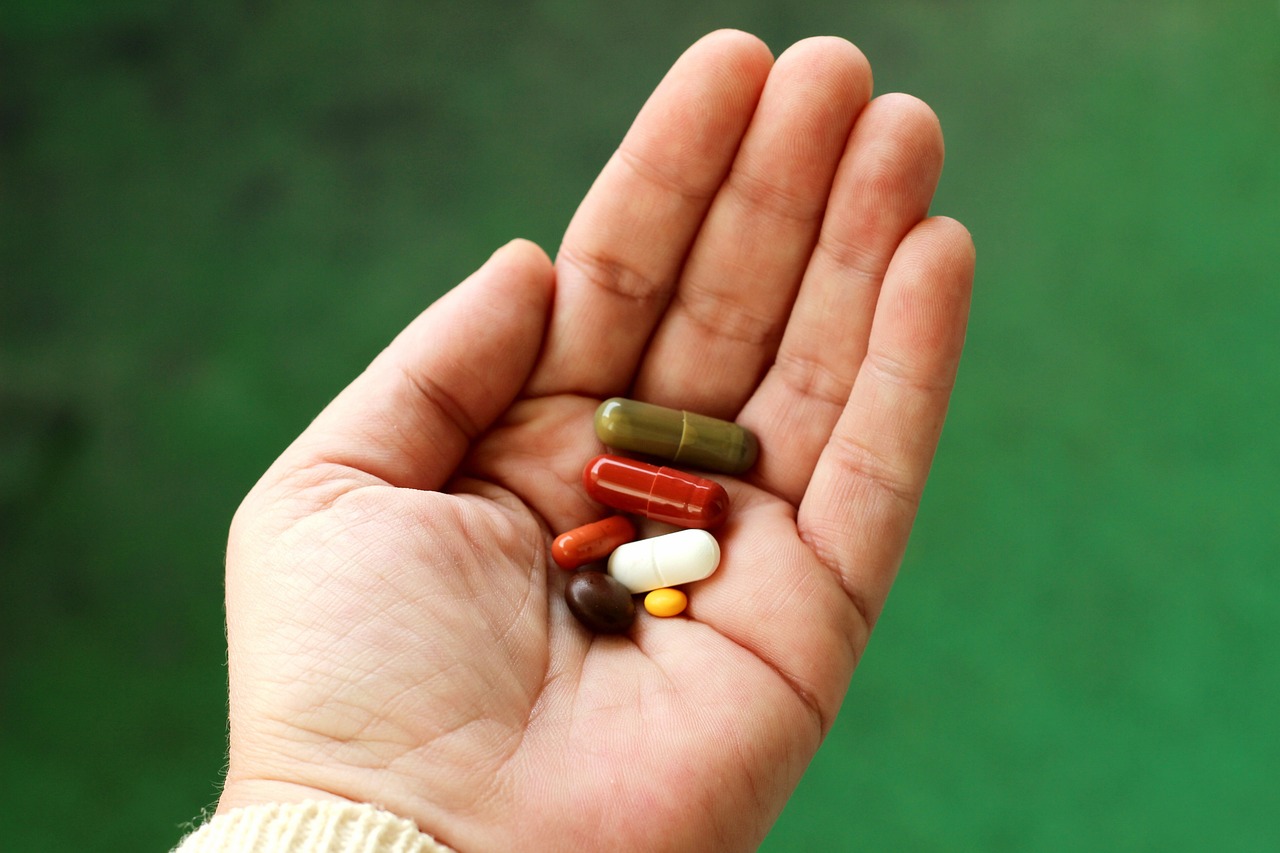In the realm of cardiovascular health, statins have become a household name. These widely prescribed medications are renowned for their effectiveness in managing cholesterol levels and reducing the risk of heart disease. But how exactly do statins work, and why are they recommended by healthcare professionals? In this article, we’ll unravel the science behind statins and explore the reasons they are a crucial part of many heart health treatment plans.
In the realm of cardiovascular health, statins have become a household name. These widely prescribed medications are renowned for their effectiveness in managing cholesterol levels and reducing the risk of heart disease. But how exactly do statins work, and why are they recommended by healthcare professionals? In this article, we’ll unravel the science behind statins and explore the reasons they are a crucial part of many heart health treatment plans.
Statins, also known as HMG-CoA reductase inhibitors, work by targeting a key enzyme in the liver responsible for producing cholesterol. Cholesterol is a waxy substance that our bodies need for various functions, but excessive levels of LDL (low-density lipoprotein) cholesterol, often referred to as “bad” cholesterol, can accumulate in the arteries and lead to atherosclerosis, a condition characterized by the buildup of plaque. This plaque can restrict blood flow and increase the risk of heart attacks and strokes.
Here’s how statins play a pivotal role in managing cholesterol levels:
Inhibiting Cholesterol Production: Statins inhibit the activity of HMG-CoA reductase, the enzyme responsible for the synthesis of cholesterol in the liver. By reducing the liver’s ability to produce cholesterol, statins lower the overall cholesterol levels in the bloodstream.
Increasing LDL Receptor Expression: Statins not only decrease cholesterol production but also enhance the liver’s ability to remove LDL cholesterol from the blood by increasing the number of LDL receptors on liver cells. This mechanism further lowers LDL cholesterol levels.
Anti-Inflammatory Effects: Beyond their cholesterol-lowering effects, statins have been found to have anti-inflammatory properties. Chronic inflammation is a key contributor to the development of atherosclerosis, and statins help reduce inflammation within the blood vessels.
Now, let’s explore why healthcare professionals often recommend statins:
Proven Efficacy: Numerous clinical trials and studies have demonstrated the effectiveness of statins in reducing the risk of cardiovascular events, such as heart attacks and strokes. They have consistently shown that statins can significantly lower LDL cholesterol levels and improve overall cardiovascular health.
High Safety Profile: Statins are generally well-tolerated and have a favorable safety profile. Most side effects, if they occur, are mild and reversible. Serious side effects are rare.
Customized Treatment: Healthcare professionals tailor statin therapy to each patient’s individual needs, taking into account their cholesterol levels, overall cardiovascular risk, and any other relevant medical conditions. This personalized approach ensures that the benefits outweigh any potential risks.
Long-Term Benefits: Statins are often recommended for long-term use because their benefits extend beyond immediate cholesterol reduction. They can help prevent the progression of atherosclerosis over time, reducing the risk of cardiovascular events in the future.
In conclusion, statins are a cornerstone of cardiovascular health due to their ability to lower cholesterol levels, reduce inflammation, and ultimately decrease the risk of heart disease. Understanding the science behind statins and the reasons they are prescribed by healthcare professionals empowers individuals to make informed decisions about their heart health and work collaboratively with their medical providers to create effective treatment plans.
Looking for more insights? You’ll find them right here in our extended coverage: The People’s Pharmacy Radio Program : NPR

Before delving into statins, it’s important to understand cholesterol. Cholesterol is a type of fat that is essential for various bodily functions, including the production of cell membranes and hormones. However, when levels of certain types of cholesterol—specifically low-density lipoprotein (LDL) cholesterol—become elevated, it can contribute to the development of atherosclerosis, a condition characterized by the buildup of fatty deposits in the arteries.
Before delving into statins, it’s essential to grasp the fundamentals of cholesterol and how it plays a pivotal role in the intricate tapestry of our health. Cholesterol, often portrayed as a villain, is, in fact, a multifaceted lipid essential for an array of bodily functions. It serves as a structural component for cell membranes, ensuring their integrity and fluidity. Moreover, cholesterol acts as a precursor for the synthesis of critical hormones like estrogen, testosterone, and cortisol, which orchestrate various physiological processes, from reproduction to stress response.
However, like many things in life, balance is key. When certain types of cholesterol, particularly low-density lipoprotein (LDL) cholesterol, tip the scales and become elevated, they embark on a perilous journey that can have dire consequences for our cardiovascular health. LDL cholesterol is often referred to as the “bad” cholesterol because high levels of it can contribute to the development of atherosclerosis, a condition that slowly and insidiously lays the foundation for heart disease.
Atherosclerosis is a process characterized by the gradual accumulation of fatty deposits, cholesterol being a significant component, within the walls of arteries. These deposits, known as plaques, can narrow the arteries, impeding the flow of blood. Over time, these plaques can become fragile and rupture, triggering blood clot formation and potentially leading to heart attacks or strokes. This cascade of events underscores the critical importance of managing cholesterol levels, particularly the LDL fraction, to maintain cardiovascular health.
This is where statins, the medications of interest, come into play. Statins are a class of drugs designed to lower LDL cholesterol levels in the bloodstream. By inhibiting an enzyme involved in cholesterol production, they help reduce the amount of cholesterol synthesized in the liver, ultimately lowering LDL cholesterol levels and mitigating the risk of atherosclerosis.
In summary, cholesterol, often misunderstood, is not an outright foe but rather a versatile lipid essential for various bodily functions. However, when certain cholesterol fractions, especially LDL cholesterol, become excessive, they can set in motion a cascade of events that lead to atherosclerosis and, subsequently, cardiovascular disease. Statins, as we’ll explore further, serve as valuable tools in maintaining cholesterol balance and promoting heart health, ultimately playing a significant role in modern medicine’s efforts to combat atherosclerosis and its consequences.
Don’t stop here; you can continue your exploration by following this link for more details: Statins: 10 facts you might not know – BHF

Statins are a class of medications primarily designed to lower LDL cholesterol levels in the blood. They achieve this through a multi-step process:
Statins represent a significant advancement in modern medicine, designed with the primary goal of managing and lowering LDL cholesterol levels in the bloodstream. The importance of this function cannot be overstated, as elevated LDL cholesterol is a known risk factor for heart disease, one of the leading causes of mortality worldwide.
The mechanism through which statins achieve their cholesterol-lowering prowess is a complex yet highly effective process. First and foremost, they inhibit an enzyme called HMG-CoA reductase, which plays a pivotal role in the production of cholesterol within the liver. By putting the brakes on this enzyme, statins reduce the liver’s ability to synthesize cholesterol, resulting in decreased levels circulating in the bloodstream.
However, statins do more than just inhibit cholesterol production; they also have the remarkable ability to increase the liver’s uptake and removal of LDL cholesterol from the blood. This dual-action approach not only reduces the body’s cholesterol production but also enhances its ability to clear excess cholesterol, further contributing to the desired lowering effect.
Furthermore, statins have been shown to have beneficial effects beyond cholesterol management. They exhibit anti-inflammatory properties that may help stabilize arterial plaques and reduce the risk of cardiovascular events. Additionally, some studies suggest potential benefits in improving endothelial function and enhancing the overall health of blood vessels.
While statins have demonstrated their effectiveness in numerous clinical trials and have undoubtedly saved countless lives, it’s essential to remember that they should be prescribed and monitored by a healthcare professional. As with any medication, they may come with potential side effects and considerations that need to be carefully weighed against the benefits, especially in individualized treatment plans.
In summary, statins are an integral tool in the fight against heart disease, primarily targeting elevated LDL cholesterol levels. Their intricate mechanism of action involves both inhibiting cholesterol production and promoting its removal from the bloodstream. With the guidance of healthcare providers, statins continue to play a vital role in reducing cardiovascular risk and improving the overall heart health of millions of individuals worldwide.
For additional details, consider exploring the related content available here Statin Medications – StatPearls – NCBI Bookshelf

While statins are generally well-tolerated, they may have side effects, including muscle pain, liver enzyme elevations, and, rarely, a potential risk of diabetes. Healthcare providers carefully weigh the benefits and potential risks when prescribing statins, and regular monitoring is often recommended.
While statins are generally well-tolerated and have proven to be a vital tool in managing cholesterol levels and reducing the risk of heart disease, it’s essential to acknowledge that, like many medications, they can come with side effects. These side effects, although relatively rare, can range from mild to potentially serious.
One of the most common side effects of statin use is muscle pain or weakness, often referred to as myopathy. For most people, this discomfort is mild and manageable, but in some cases, it can be more severe. It’s crucial for patients to communicate any muscle pain or weakness to their healthcare providers promptly. Adjusting the dosage or switching to a different statin may alleviate this issue while still providing the desired cholesterol-lowering benefits.
Another aspect of concern is the potential for statins to cause elevations in liver enzyme levels. Although this side effect is typically reversible and not often severe, regular monitoring of liver function is advised while taking statins. This precaution ensures that any abnormal changes can be detected early and managed effectively.
Furthermore, while the link is not entirely clear, some research suggests that statin use may be associated with a slightly increased risk of developing diabetes. However, this risk is generally outweighed by the significant cardiovascular benefits statins provide. Healthcare providers consider a patient’s overall health, including their existing risk factors for heart disease and diabetes, when prescribing statins. For many individuals, the heart-protective benefits of statins far exceed the potential diabetes risk.
It’s crucial to emphasize that the decision to prescribe statins is a carefully considered one. Healthcare providers take into account a patient’s medical history, cholesterol levels, and individual risk factors for heart disease. The goal is to strike a balance between the benefits of cholesterol reduction and the potential for side effects.
In many cases, the benefits of statin therapy in preventing heart disease and stroke far outweigh the potential risks. Regular monitoring and open communication between patients and healthcare providers play a pivotal role in managing any side effects and ensuring that statins continue to be a valuable tool in the fight against cardiovascular disease. Always consult with your healthcare provider for personalized guidance and to address any concerns regarding statin therapy.
For a comprehensive look at this subject, we invite you to read more on this dedicated page: Medication Adherence: WHO Cares? – PMC

Statins have emerged as a powerful tool in the management of cholesterol levels and the prevention of cardiovascular disease. Their ability to lower LDL cholesterol through a targeted mechanism makes them a cornerstone of heart health treatment. However, their use is not one-size-fits-all, and individualized recommendations are crucial. If you are concerned about your cholesterol levels or have questions about statin therapy, it’s essential to consult with your healthcare provider, who can provide guidance tailored to your specific needs and risk factors. Understanding the role of statins in cardiovascular health empowers individuals to make informed decisions about their heart health journey.
Should you desire more in-depth information, it’s available for your perusal on this page: Medication Adherence: WHO Cares? – PMC
More links
For additional details, consider exploring the related content available here Pharmacogenomics of statins: understanding susceptibility to …
